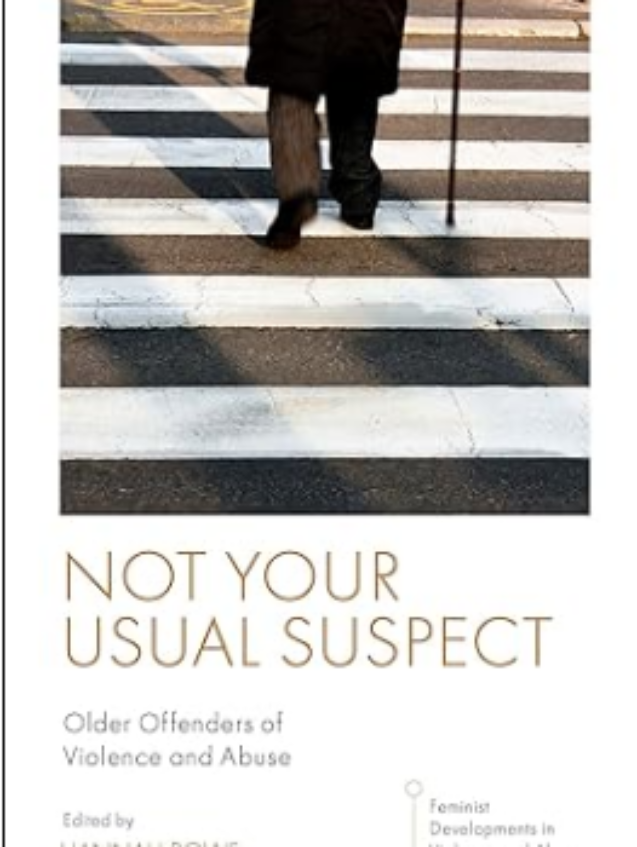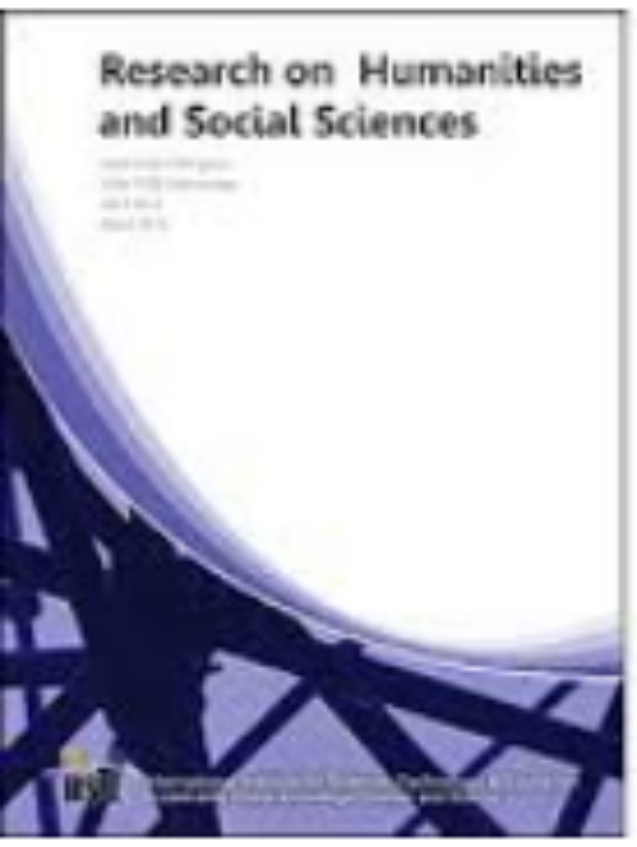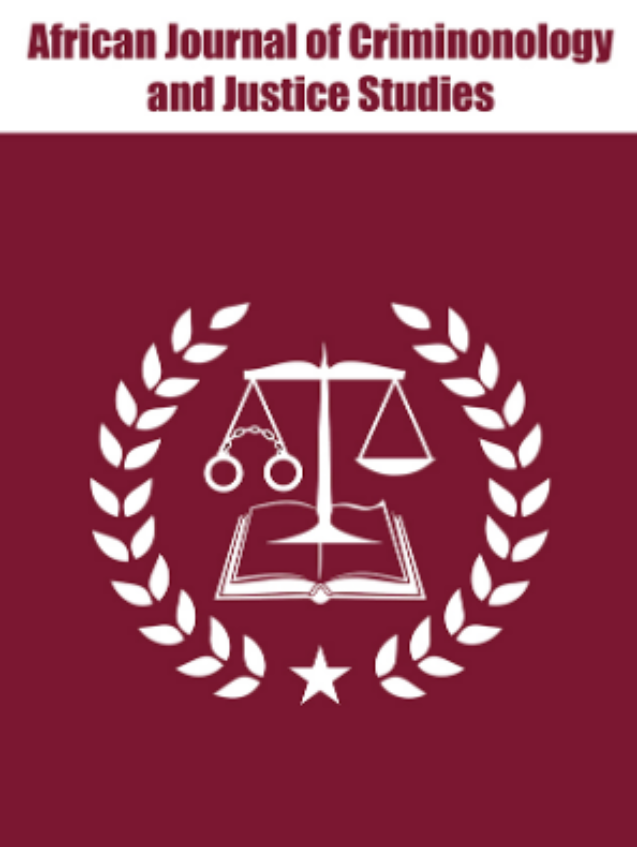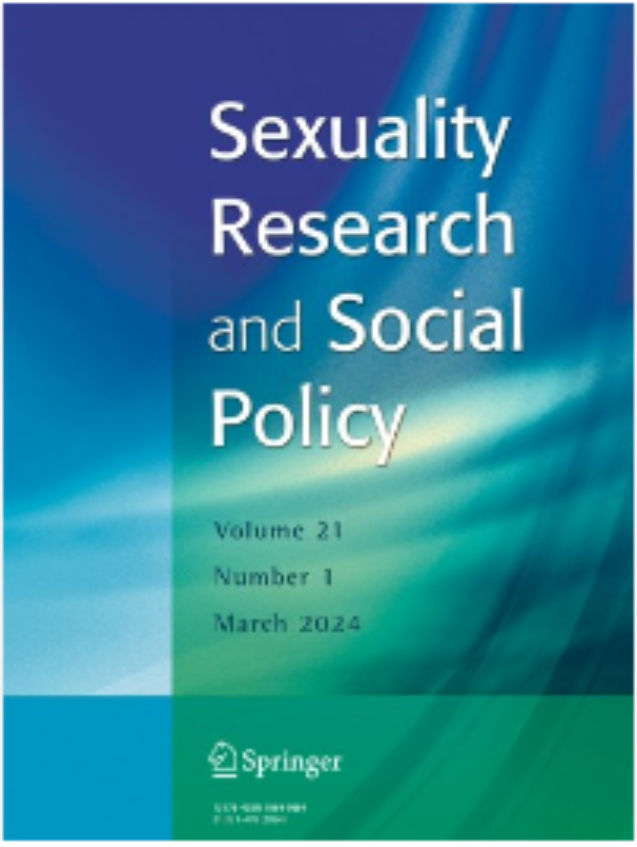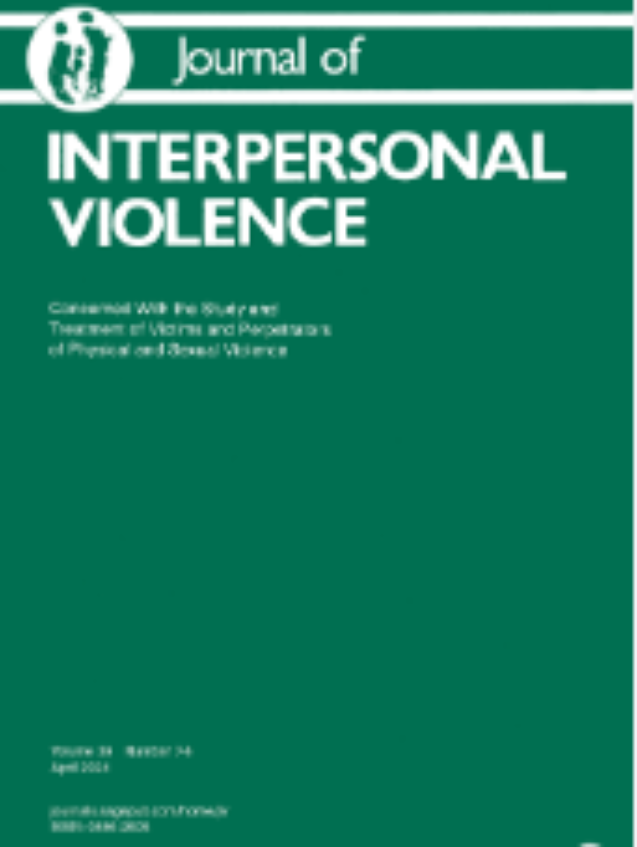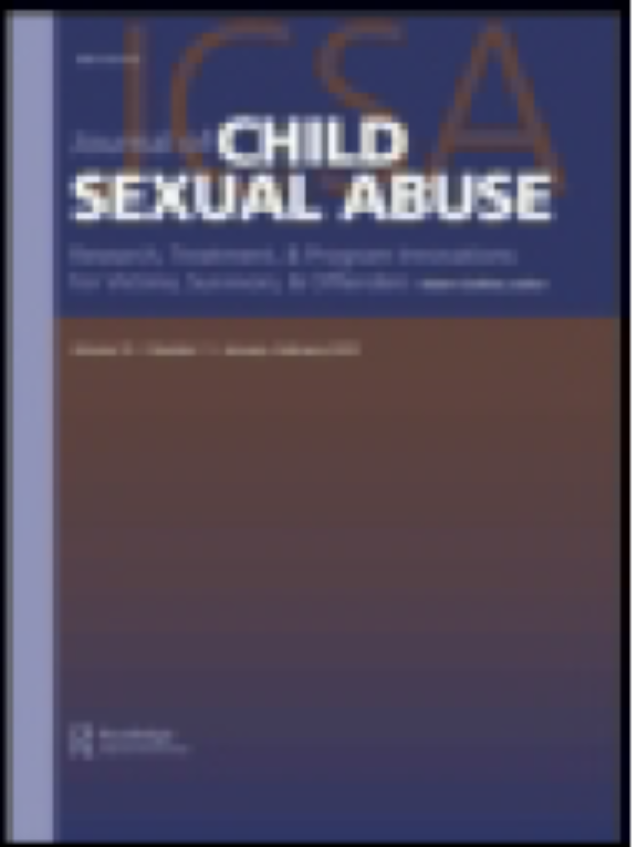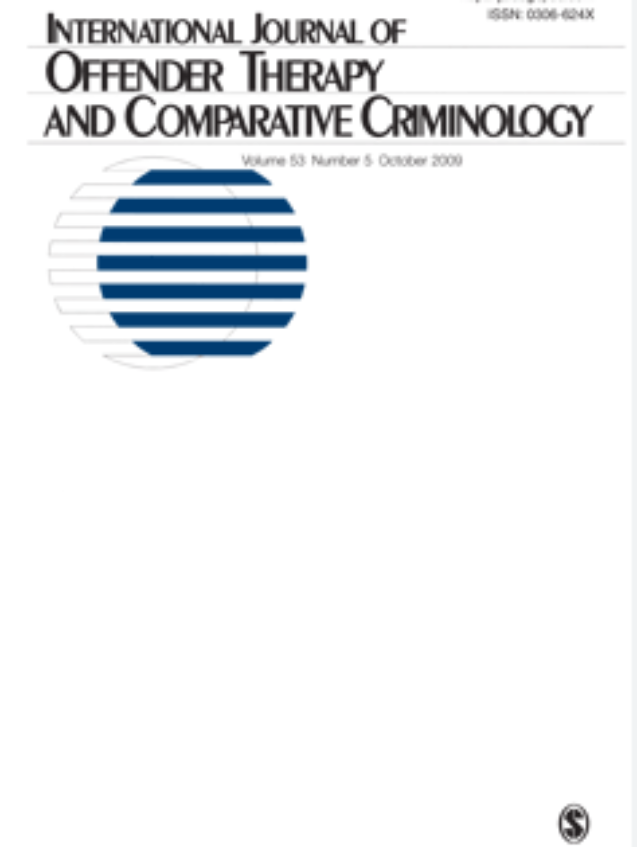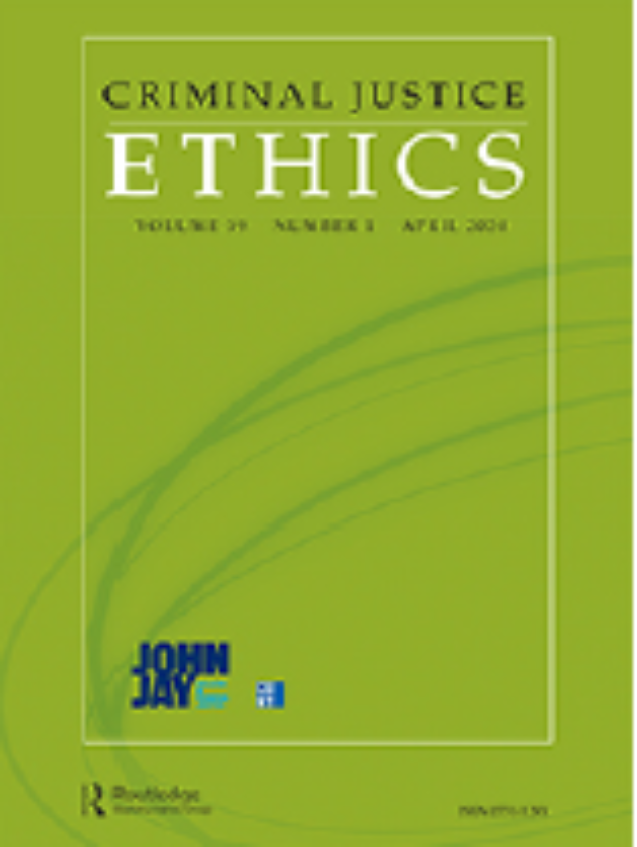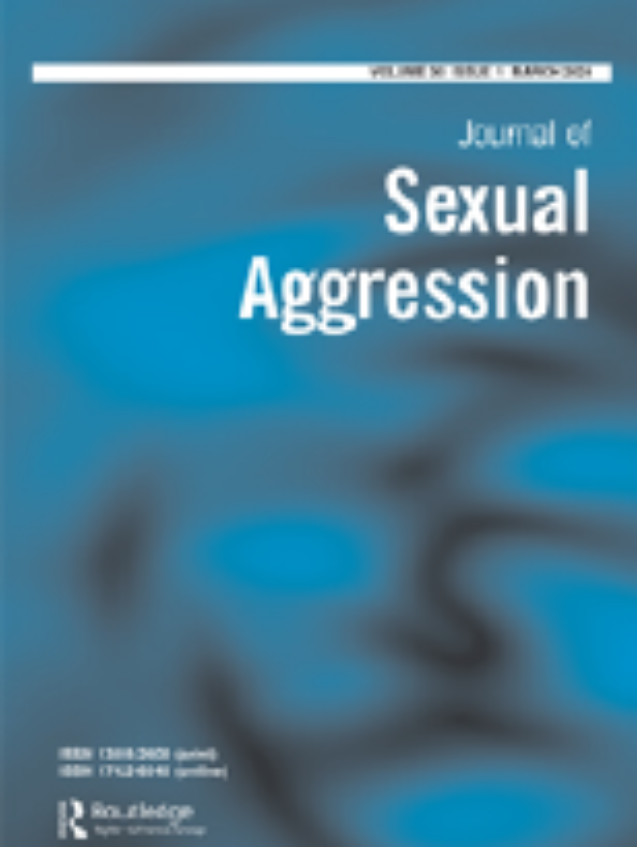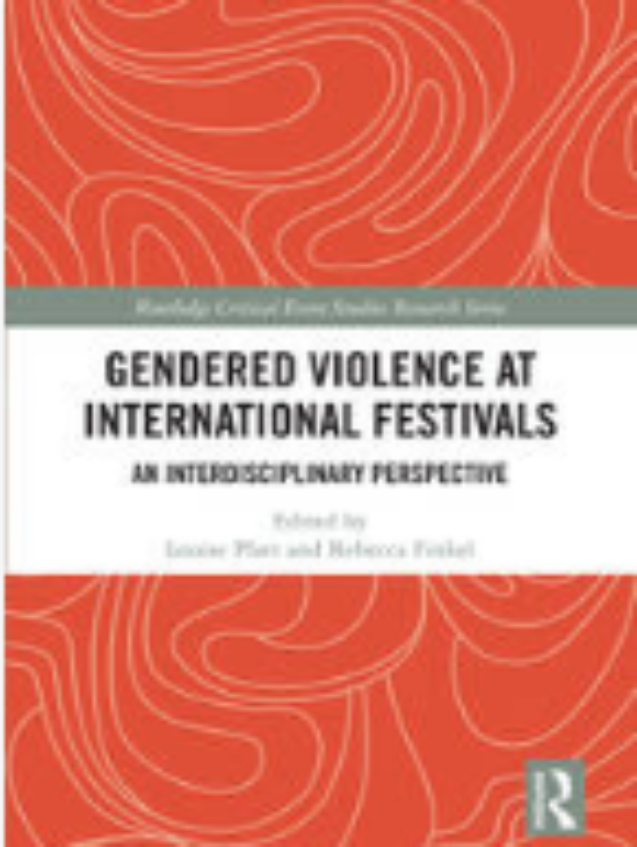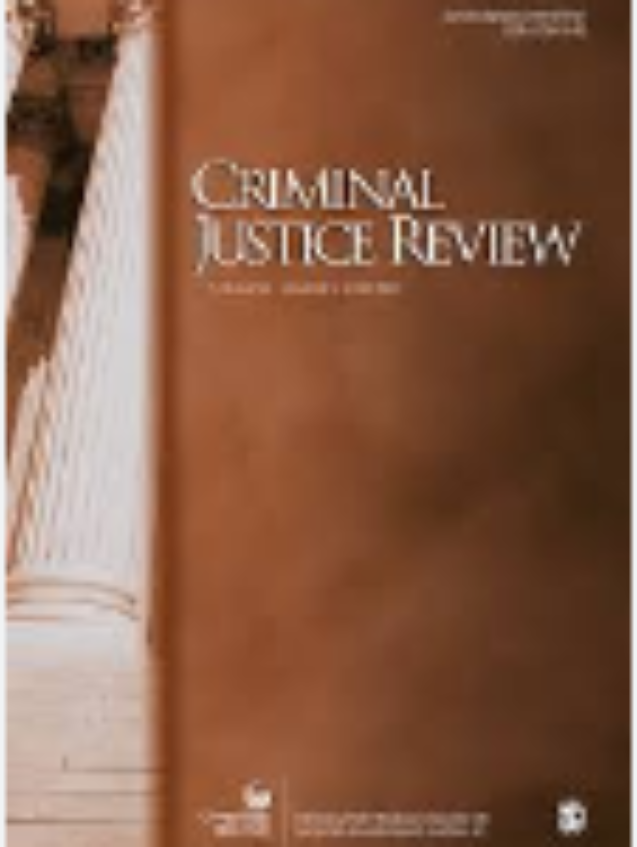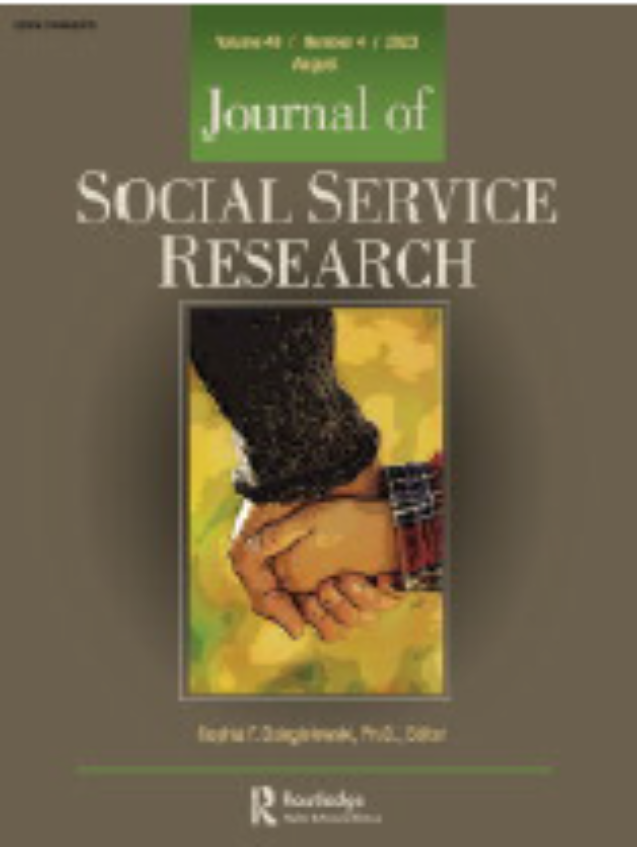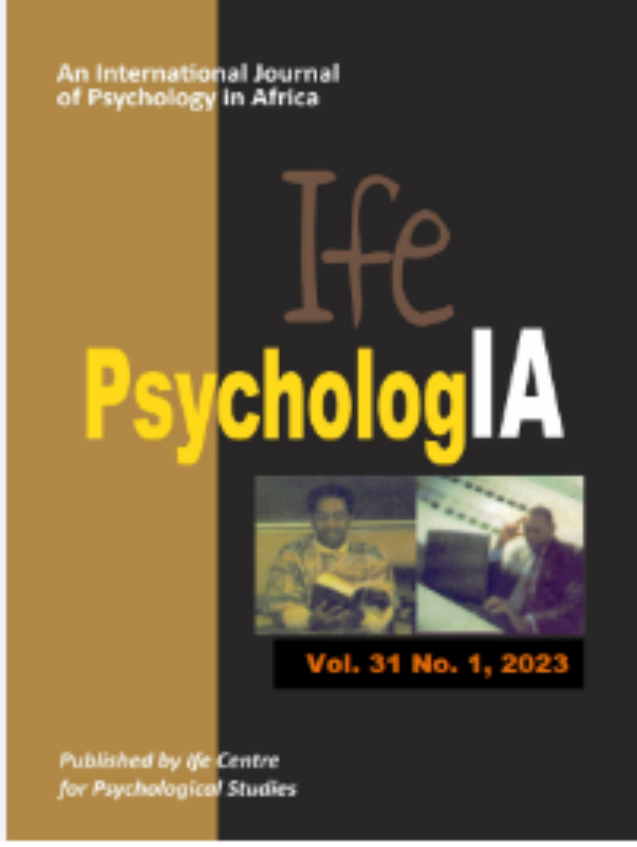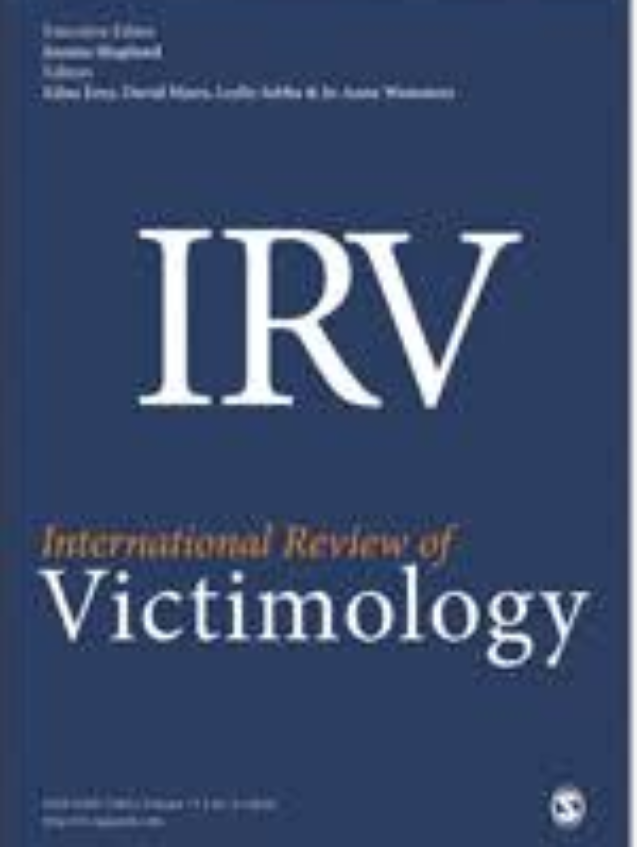Sexual Crimes
The Victimology of Rape in Nigeria: Examining Victims’ Post-Assault Experiences and Adjustment Patterns
The secondary victimisation suffered by rape victims in socially conservative Nigeria is not only in the hands of their families, friends, and significant others, but also through the agents and process of criminal justice system of the country. Previous research into rape in Nigeria has often neglected the aftermath of forcible rape on the victims and coping mechanisms adopted. Therefore, this present study was designed to redress this imbalance and specifically, investigate the consequences of ...
“It couldn’t have been rape”: How Social Perception and Rape Scripts Influence Unacknowledged Sexual Assault in Nigeria
Empirical studies have established that the problem of rape aggravates if it is unacknowledged as a result of the influence of social perception and victim’s rape script. Such victims will be susceptible to psychological distress and lowered self-esteem among other negative effects. In Nigeria, the social perception of rape has been described as serving to perpetuate the sexual victimisation against women. This study therefore, examined how the social perception of rape impact on personal attitu ...
The Influence of Rape Myth Acceptance and Situational Factors in Defining Sex and Labelling Rape among Female University Students in Nigeria
Existing literature have posited that the problem of rape aggravates if it is unacknowledged as a result of the influence of rape myth acceptance. Being an understudied phenomenon, the present study sought to explore rape myths and examine situational factors that appear to differentiate women who experience various levels of victimisation. Through mixed-method victimisation surveys that covered four universities in Lagos and Ogun states, involving 206 respondents and 12 in-depth interviewees, t ...
Image‑Based Sexual Abuse in a Culturally Conservative Nigerian Society: Female Victims’ Narratives of Psychosocial Costs
Background In the last few years, many countries have introduced laws combating image-based sexual abuse (IBSA), colloquially known as “revenge pornography.” However, the significant growth in the body of literature on the legal perspectives on IBSA, and the media coverage of high profile cases have not been equally met with appreciable victimization studies. Meanwhile, the need for a victim-centered approach in studying IBSA in Nigeria is underscored by the pervasiveness and normalization of se ...
“At Your Service”: Sexual Harassment of Female Bartenders and Its Acceptance As “Norm” in Lagos Metropolis, Nigeria
Notwithstanding the pervasiveness of sexual harassment in the bar and restaurant industry, limited attention has been paid to empirically examining the dynamics of sexual crimes committed in the industry. To address this, a qualitative study was conducted with female bartenders in drinking bars within Lagos metropolis to explore the nature and patterns of sexual harassments they experienced, as well as their response, coping measures and bar management’s positions. Forty-seven interviews were co ...
‘To Serve and Be Abused’: The Use of Adolescent Girls as Waitresses in Outdoor Drinking Bars in Lagos, Nigeria
This qualitative study examined the risk exposure, nature, and incidents of sexual and other forms of abuse experienced by underage waitresses. Fourteen female bartenders of outdoor pubs within Lagos metropolis between the ages of 13–15 years, and 10 bar owners/managers of pubs with underage waitresses, were engaged in the study, while an inductive thematic analysis of the narratives was carried out. The engagement of young girls as waitresses was predicated on their being considered as sources ...
COVID-19 and gender-based violence: Investigating the ‘shadow pandemic’ of sexual violence during crisis lockdown in Nigeria
The COVID-19 pandemic created a myriad of problems including an increase in the cases of gender-based violence, prompting the United Nations Women to refer to the trend as a “shadow pandemic.” In spite of this trend, research exploring the impact of COVID-19 in Africa have given little consideration to issues bordering on gender. To address this, a qualitative study involving 19 women and girls who experienced sexual violence during the lockdown, and 6 officials of women and child protection ser ...
Gendered Challenges in the Line of Duty: Narratives of Gender Discrimination, Sexual Harassment and Violence Against Female Police Officers
Gender discrimination and sexual harassment of female police officers by their male counterparts remain areas of liability where police departments appeared to have failed to effectively confront the nagging issues. However, the appreciable level of research conducted on these issues in the global North has not been matched by the South, where issues bordering on sexual violence have cultural underpinnings. Drawing from the case of the Nigeria Police Force, feminist analysis was used to explore ...
Sexual violence against women living with albinism in Nigeria: exploring abuse within a disability-specific context
The purpose of this study is to explore the disability-specific context within which sexual violence against women with albinism occurs. Drawing from feminist and disability theories, the violence, perceived vulnerabilities, post-assault reactions, and reporting behaviour of sexually assaulted women with albinism were examined. Findings indicate targeted sexual harassment and assault against women with albinism based on their perceived vulnerabilities and negative social perception. Victims were ...
Sexual Violence in Nigerian MusiCultural Festivals: Narratives of the Unheard Victims
In spite of anecdotal evidence that sexual violence occurs at music and cultural festivals, research attention paid to the phenomenon has remained limited. In particular, the ‘hideous’ nature of the problem of sexual assault in Nigeria not only impedes empirical studies but also hinders the society from effectively dealing with and eradicating sexual violence. In this chapter, a cross-disciplinary approach was adopted to engage theoretical perspectives from a number of traditions of study to ana ...
Pandemic Policing and Community Engagement: Preparedness, Legitimacy and Public Support During the COVID-19 Crisis in Nigeria
This study brings to the fore, insights into three key factors that had been widely noted to play significant roles in driving effective pandemic policing. These are the preparedness of the police as first responders to a public health crisis, the level of public trust in the police as a legitimate power holder, and community engagement as a tool to drive public support and participation in fighting COVID-19. Using the Nigeria police as a case study, with the damning reports of abuse of power an ...
Child Sexual abuse in Nigeria: exploring vulnerability and prevention from a policing perspective
To date, literature on vulnerabilities of children and prevention of child sexual abuse (CSA) has relied on the contributions of child-care professionals, health practitioners, and other social workers, excluding police officers. The purpose of this study is to draw on the experiences and expert opinions of police officers in exploring the vulnerabilities of children to sexual abuse and prescribing preventive measures. Officers’ engagement is premised on their collaborative work with social serv ...
“A Qualitative Exploration of the Coping Strategies of Female Offenders in Nigerian Prisons”
Deprivation and importation theories propose that the experience and adjustment of inmates to prison life is dependent on the restrictive prison milieu and their pre-prison experiences and orientation. This implies that prison’s sub-culture mediate the relationship between demographic characteristics and adjustment to prison life. Although this core assumption underlies both theories, few researchers have attempted to test its validity, while those that does have largely focused on male offender ...
Motivations and Mechanism of Child Sexual Abuse: The Narratives of Adult Male Offenders in Nigerian Prisons
Undoubtedly, there has been an increase in public awareness and concern about child sexual abuse in Nigeria in recent years. However, in spite of the fact that researchers have made substantial contributions to a previously scanty body of literature on child sexual abuse, minimal attention has been given to juvenile sex offenders. Therefore, this present study explored and described the motivations and mechanisms adopted by child sexual offenders in perpetrating sexual abuse on the underage. Dra ...
Sexual Abuse of Elderly Women in Nigeria: A Sociological Exposition of an Emerging Crime
Indeed, appreciable research has considered the dynamics of sexual assault involving young victims. However, very little criminological research has considered the dynamics of sexual abuse of elderly people. To fill this void, this current study developed a profile of sexual abuse cases among women aged 50 and older, based on the accounts of their abusers. Specifically, the study investigated the motives and mechanisms for sexual abuse of the aged in the country as well as the factors that accou ...
Elderly Offenders of Juvenile Sexual Abuse in Nigeria
In this chapter, an exploratory analysis of the problematic sexual behaviours committed by elderly men against female minors is presented. Drawing from life-course theoretical perspectives on later life offending, the study examined the criminal history, sexual attraction towards the underage, perceived vulnerability of the juvenile, relationship with the girl-child prior to the abuse, violence and sexually abusive tactics of the older offenders. Qualitative data were collected from 19 child sex ...
Marry your rapist!: A phenomenological analysis of the experiences of women forced to marry their assaulters in their childhood
Child sexual abuse (CSA) and child marriage (CM) are two social realities that have drawn and sustained considerable research attention in Nigeria. However, research into the intersections of CSA and CM is scarce. This qualitative study explores the lived experiences of women who suffered CSA and were forced to marry their sexual assaulters in their childhood. Ten survivors were engaged in semi-structured interviews, and an interpretative phenomenological analysis (IPA) was utilized to identify ...
